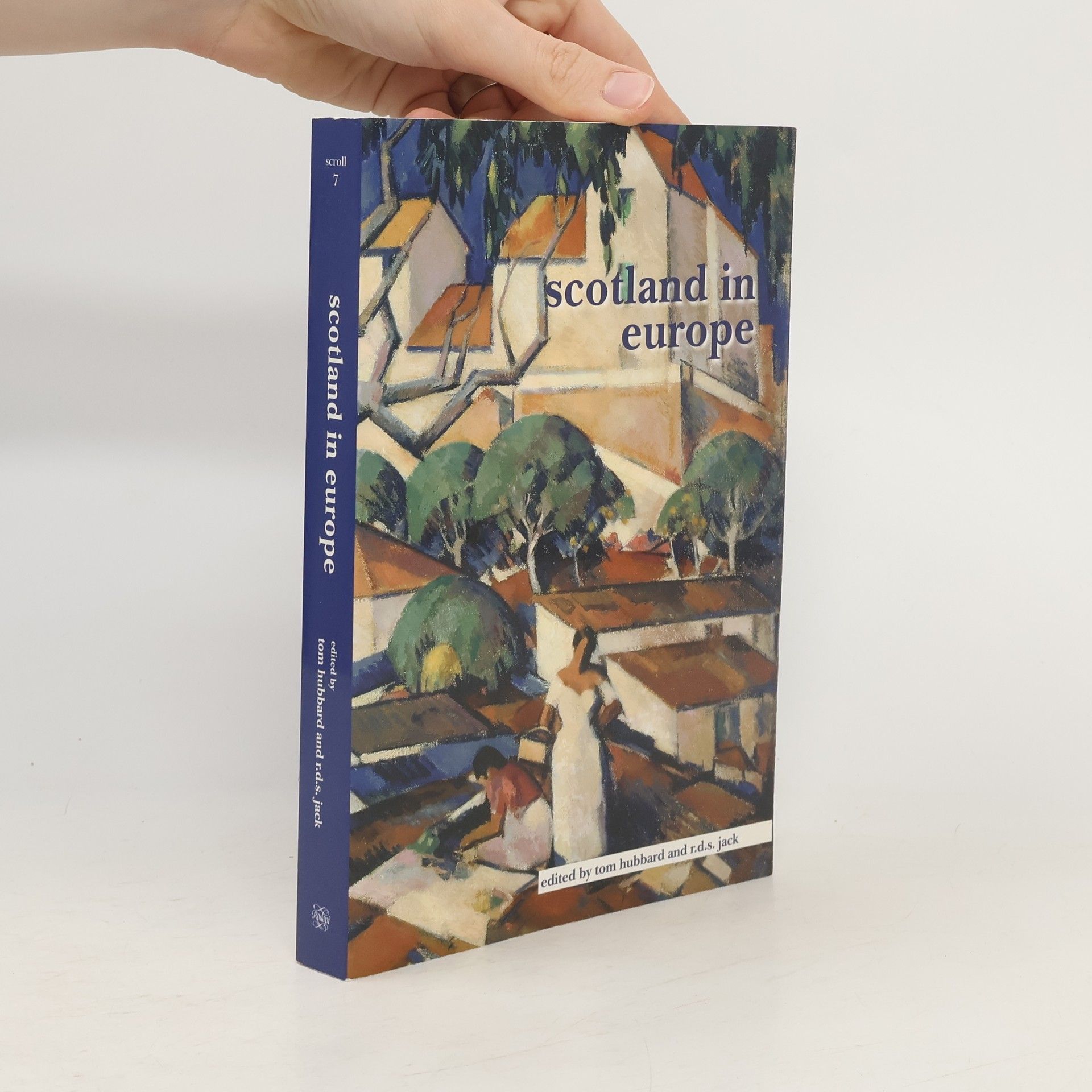Invitation to the Voyage
- 150 pages
- 6 hours of reading
Tom Hubbard is a poet, novelist and distinguished scholar of Scottish literature and culture who has worked in universities throughout Europe and the United States. These essays encompass forty years of investigating Scotland and its European contexts.

